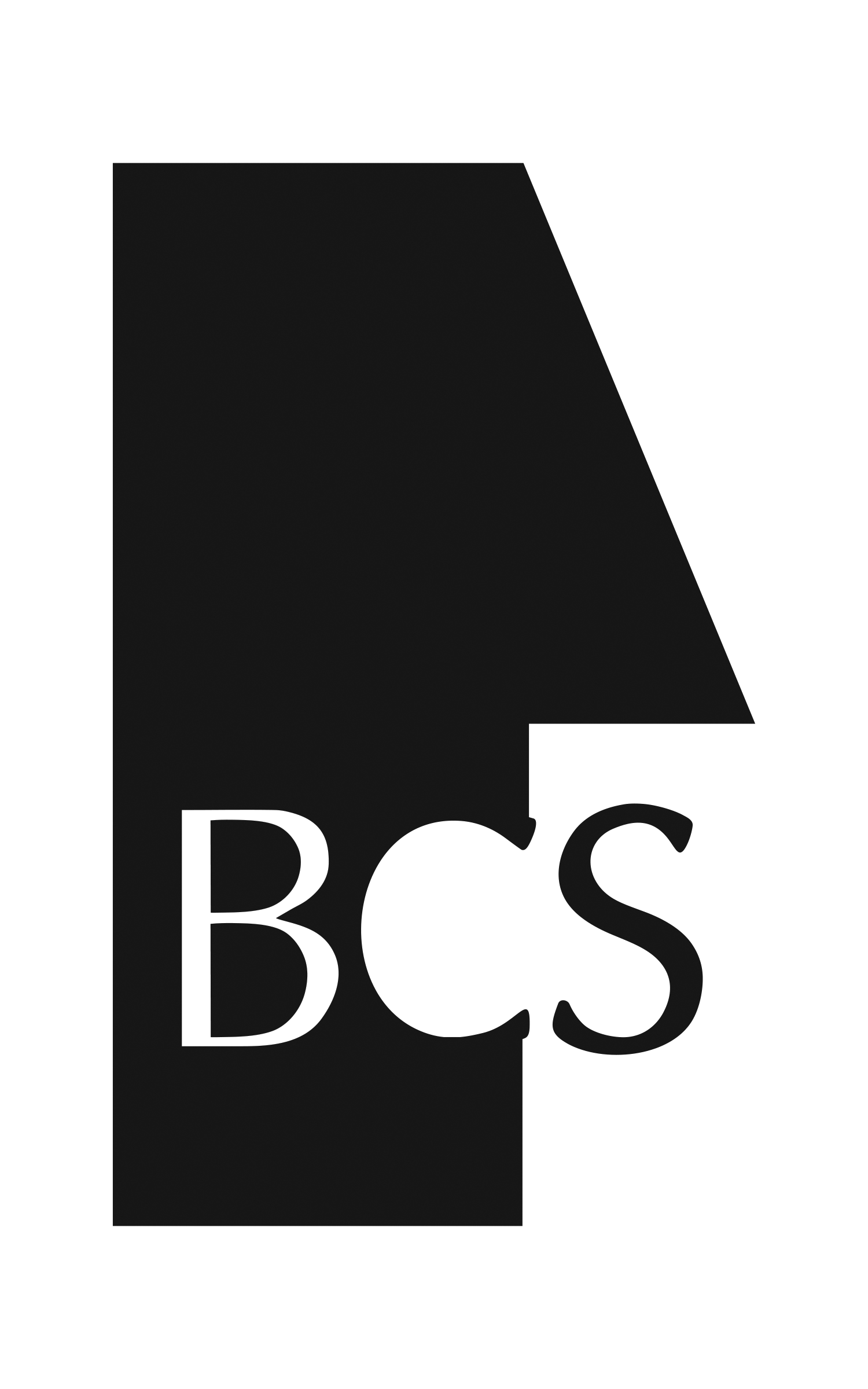For the opening concert of the Bloomington Chamber Singers' 35th season Saturday evening, one devoted to "Music of the Church of England," conductor Gerald Sousa – seeking a larger space – ended up using not the local house of worship representing that denomination but at least one devoted to the religious inspiration of an Englishman, John Wesley, Bloomington's First United Methodist Church.
It made for a comfortable choice and, acoustically speaking, an excellent one. The choir sounded awfully good, not only, of course, because of where the concert was performed but because leader Sousa, as one has learned to expect, had prepared the singers well. This community chorus has become a treat to hear and a treasure to cherish.
Sousa chose music ranging from the 16th century to the 20th and found a way of including a Who's Who of British composers. What's more, there were motets to enjoy, along with anthems and hymns and carols. Determined to be inclusive, Sousa gave his opening spot to an English Catholic, William Byrd, whose "Ave verum corpus," gained a performance ever so serene and comforting.
From the earlier periods, one also heard two works by Thomas Tallis, a radiant motet praising Jesus,"O nata lux de lumine," and the first Lamentation from his "Lamentations of Jeremiah," a dramatic sample of contrapuntal writing evocative of its text, a description of Jerusalem in ruins after the Babylonian captivity. They were both sung with intuitive sense for words and message. So, too, were Orlando Gibbons' anthem, "O clap your hands" for double chorus, a joyful item with phrases in repetition, very like a round, and a lovely "Ave Maria" by another 16th century composer, Robert Parsons.
Sometimes singing a cappella and at others with organ (niftily supplied by Kay Greenshaw), sometimes singing in full force and at others in reduced configurations, the ensemble gave expressive life to traditional pieces like the Wexford and Coventry Carols and to later material, most notably a sweetly sung "I sat down under His shadow" by Edward Bairstow, the rousing "Jerusalem" of Sir Charles Parry, William Walton's celebratory "Jubilate Deo," and John Tavener's 1985 "Two Hymns to the Mother of God," influenced not only by the musical past of the Church of England but by the heritage of the Russian Orthodox Church, to which this Britisher has switched allegiance.
Here was a concert that in a single hour soothed the ears and touched the heart.

